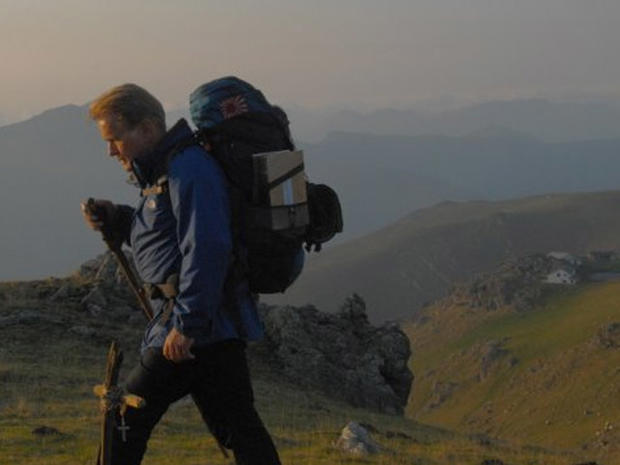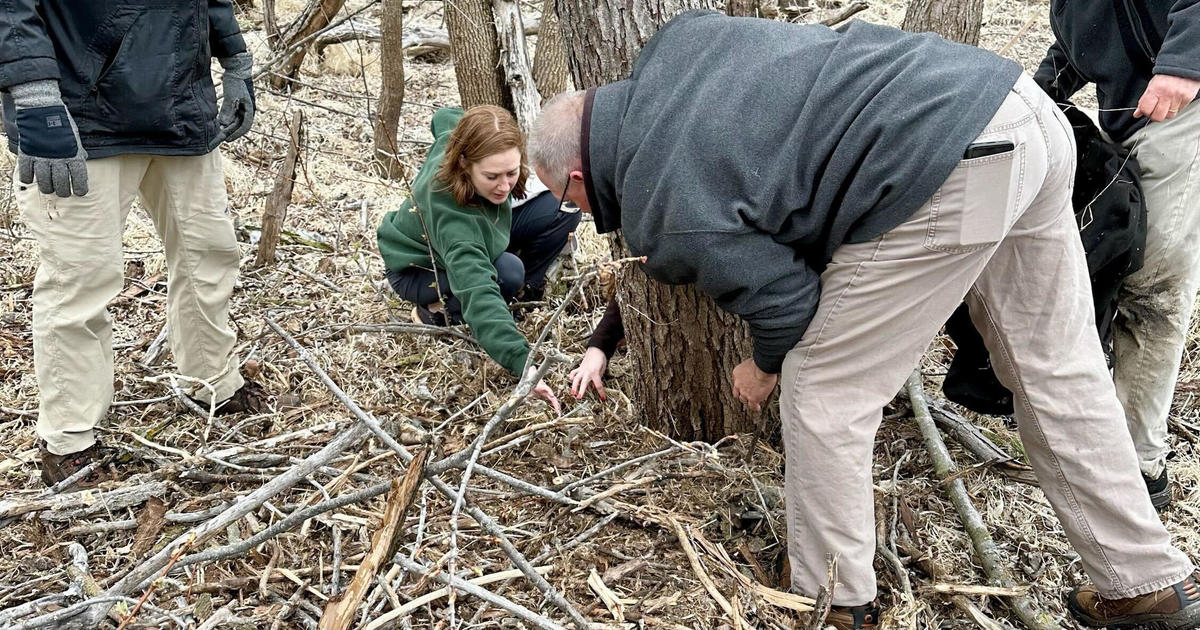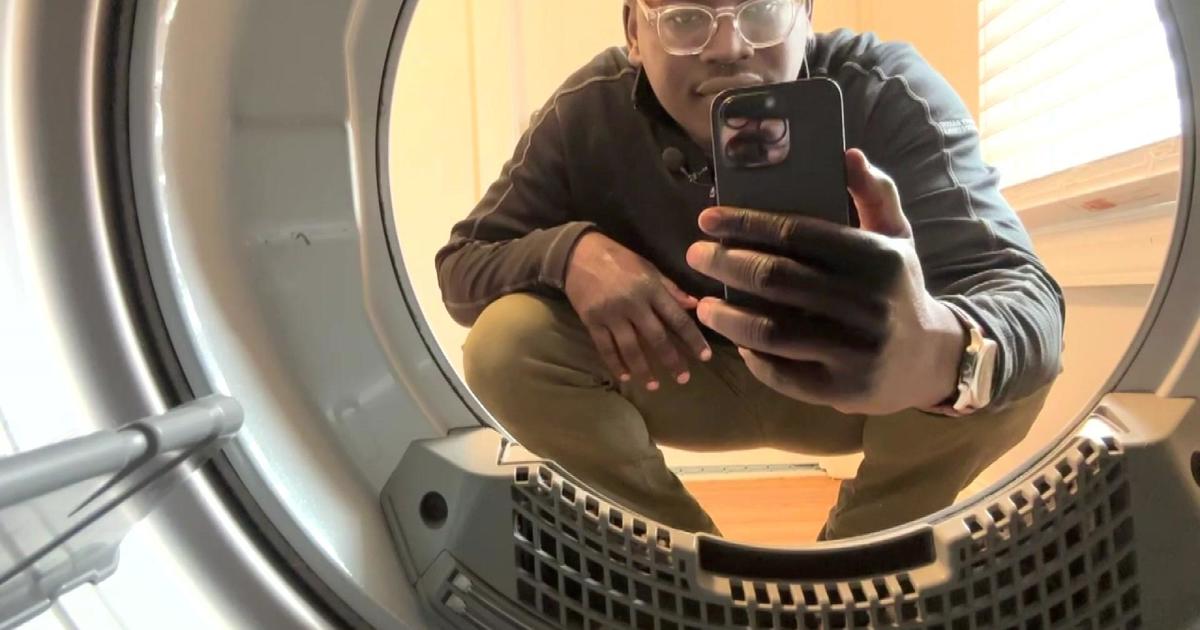Movie Blog: Can't We All Just Get Along?!
In his sitcom relic of the '90s, Martin Lawrence memorably used to whine, "Can't we all just get along?"
But what people tend to forget is that he'd turn right around, doll up and tear the roof off as Sheneneh Jenkins.
That's probably because Lawrence knew deep down that conflict is the foundation upon which basically all narrative entertainments are built. More than the foundation, it's the beating heart. And two new movies this weekend -- the remake of Footloose and Emilio Estevez's directorial effort The Way -- could stand to get their un-conflicted hearts defibrillated.
Now, the original (and inexplicably beloved) 1984 Footloose wasn't exactly a teeming hotbed of dramatic tension. In fact, its basic premise -- the town that won't let its teens shake their hips -- was too idiotic to make any of the culture clashes stick. But it worked and still endures today because it knew its entire raison d'être was to give Kevin Bacon any excuse to kick off his Sunday shoes, undulate down dusty rural roads and introduce Chris Penn to the fact that he does, in fact, have one right foot, too.
The soundtrack, of course, didn't hurt, and it's no surprise that the 2011 version opens with an almost shot-for-shot replay of the original's podiatric dance montage. Only this time, several pairs of feet will end up dying in a fiery wreck straight out of Final Destination.
Hedging all bets, director Craig Brewer (of Hustle & Flow and Black Snake Moan fame) makes sure to include what the original film left out -- the tragedy that ultimately leads to the small town's crackdown on fun. In other words, he cuts loose with the notion that the elder generation is made up of killjoys, pure and simple. His Footloose robs the template of one of its only lifelines, because Bacon and his high school dance troupe may have been using the pulse of the generational gap as a metronome.
I had the chance to talk with both Brewer and the two lead actor-dancers, Kenny Wormald and Julianne Hough, last month when they came through for a promotional push at the Mall of America. I pointed out to Brewer that I was expecting a far more contentious version of Footloose, one that would take advantage of our Red State/Blue State culture.
But in much the same manner that Wormald and Hough told me they came from very different dance backgrounds and had fun meeting in the middle, Brewer said he wanted to put to rest all culture clash stereotypes.
On paper, I admire Brewer's efforts, and it's not difficult to see why he'd choose that strategy when working with performers as amiable (if blank) as Wormald (a former backup dancer for Justin Timberlake brought aboard when Zac Efron and Chase Crawford fell through) and Hough (who, with her brother, represents Mormon pride on Dancing with the Stars). But in softening every edge out of the generational conflict, Brewer is guilty of the same thing the parents of Footloose do. He errs on the side of protection.
Aerobic dance sequences aside, ain't no one cutting loose in this one.
-----
Speaking of intergenerational protectiveness, witness The Way, in which Martin Sheen plays an aggrieved father who, when his only son perishes in a freak accident on the first day of his religious pilgrimage on the Camino de Santiago, decides to walk the hundreds of kilometers in his place.
When shopping his movie through the country earlier this autumn, director Emilio Estevez flat out admitted to the preview audience invited for a Q&A that one of his reasons for making the movie was so that he had something he would feel comfortable taking his grandparents to see.
I'm guessing their comfort levels watching The Way would depend on the plushness of the theater's seats, because the movie itself is mild enough to rock just about anyone gently to sleep.
"But its heart is in the right place," I find myself typing quickly. I guess I feel bad for saying anything negative about a movie that only intends to be a force of good. Estevez pointed out that his intention was to make a movie about a very religious experience but to make it "anti-nothing." In other words, "pro-everything."
Including choice? Well, so far as that goes, his batting average isn't perfect. Along the way, Sheen's tacit character meets an embittered Canadian woman who, it's eventually revealed, underwent an abortion. The implication is that her pilgrimage is, in part, penance for having terminated her pregnancy.
Sheen also meets a writer and a bon vivant and, before you can say "I think we're not in Kansas anymore," the quartet is walking down Spain's version of the Yellow Brick Road. None of the four claim to be particularly religious, but the movie isn't so convinced.
It's not difficult to be unmoved by Estevez's intentions because, thanks to his magnanimity, he frequently doesn't seem to actually have any intentions, which often leaves The Way lost and meandering.




